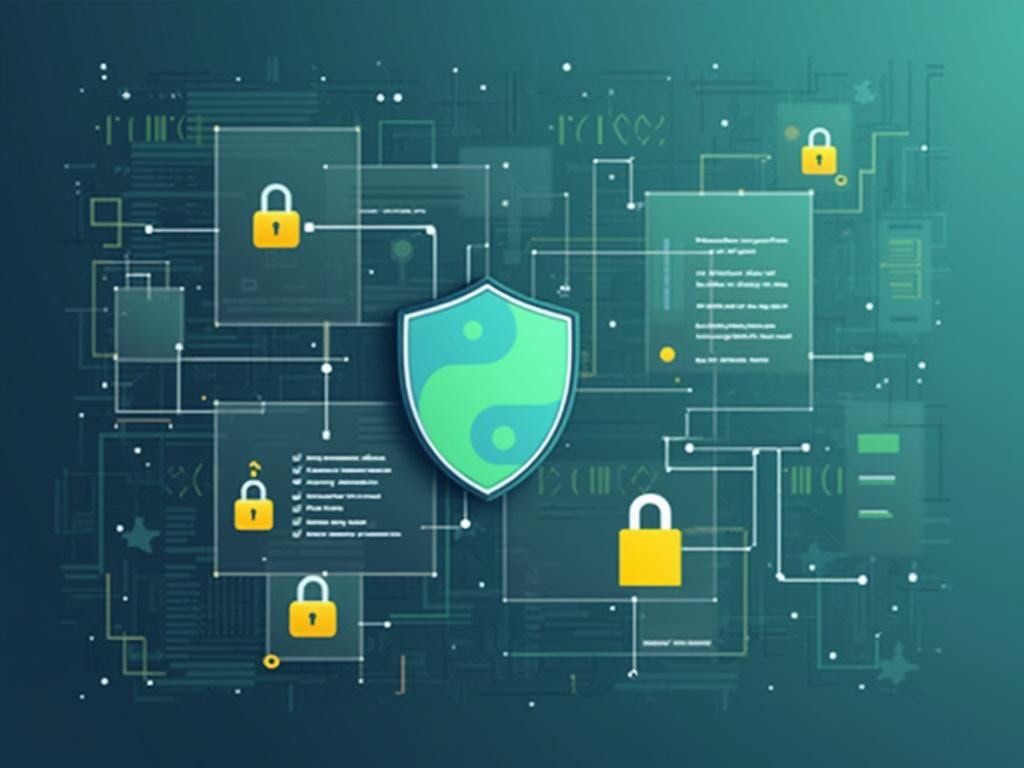Critical Security Threat: Malicious Python Package Found in PyPI Endangers Developer Credentials

Critical Security Threat: Malicious Package Discovered in Python Repository
A concerning development has emerged as researchers at JFrog have uncovered a dangerous malware package in the Python Package Index (PyPI) that threatens to compromise developer credentials and sensitive configuration data. The malicious package, named chimera-sandbox-extensions, has been downloaded over 140 times, primarily targeting users of the Chimera Sandbox service. Understanding different types of malware and their attack vectors is crucial for protecting against such threats.
The discovery represents a significant escalation in supply chain attacks, as the package masquerades as a legitimate helper module while secretly connecting to external domains to download and execute harmful payloads. For more information about supply chain attacks, visit the CISA Software Supply Chain Security Guide.
Sophisticated Evolution of Supply Chain Attacks
"This incident underscores the growing sophistication of supply chain attacks, where seemingly trustworthy packages can deliver dangerous malware," warns Mike McGuire, Senior Security Solutions Manager at Black Duck. The attack's methodology demonstrates advanced techniques in circumventing traditional security measures.
Security experts highlight several red flags that development teams should watch for:
- Low download counts
- Missing maintainer information
- Suspicious README content
- Empty or sparse documentation
Organizations should consider implementing robust anti-malware protection systems to defend against such threats.
Essential Protection Strategies
Fletcher Davis, Senior Security Research Manager at BeyondTrust, emphasizes that traditional security approaches are insufficient. "Organizations should verify package integrity, conduct thorough code reviews for new dependencies, and audit development workflows while implementing strict secret management," Davis advises.
Key protective measures include:
- Using curated package registries
- Implementing automated vulnerability scanning
- Enforcing hash-based verification
- Regular dependency reviews
- Monitoring security alerts from PyPI, npm, and GitHub
Cloud Infrastructure Implications
"The primary threat lies in its ability to collect sensitive developer-related data, including credentials, configuration files, and especially AWS tokens and CI/CD environment variables," explains Eric Schwake, Director of Cybersecurity Strategy at Salt Security. This access could enable attackers to maliciously access and potentially alter large volumes of data through compromised API credentials.
To combat these emerging threats, organizations should consider using effective malware removal tools and solutions as part of their security strategy.
Immediate Response Protocol
- Immediately audit development environments for the presence of chimera-sandbox-extensions
- Implement multi-layered defensive strategies including package verification and access controls
- Review and update security policies regarding third-party package installation
This incident serves as a crucial reminder of the evolving nature of cyber threats and the importance of maintaining robust security practices in software development environments. Organizations must remain vigilant and proactive in their approach to supply chain security.

